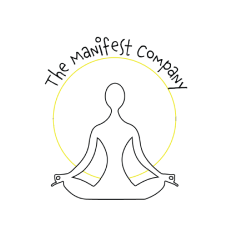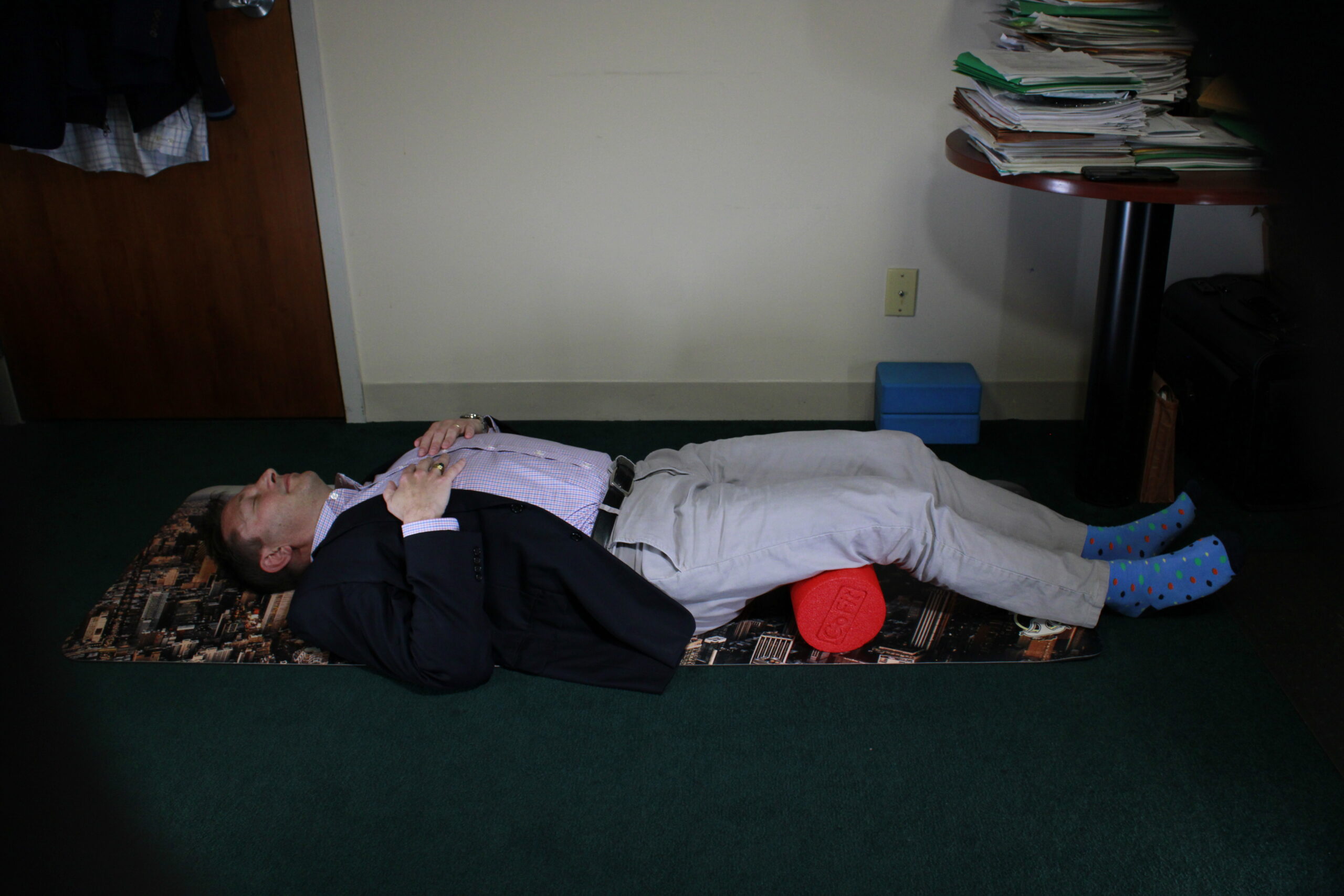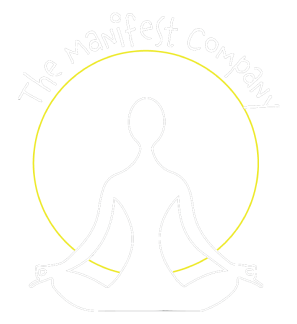
Why Yoga?
Yoga is an ancient practice that involves physical poses, concentration, and deep breathing. It traced back to northern India over 5,000 years ago. The practice has been shown to enhance social well being through a sense of belonging to others, and improve the symptoms of depression, ADHD, and sleep disorders. Studies show that yoga increases the level of gamma-aminobutyric acid, or GABA, a chemical in the brain that helps to regulate nerve activity. This is especially relevant to people who have anxiety disorders in which GABA activity is low.
Anxiety or stress usually triggers the sympathetic nervous system which will have manifestations such as increased blood pressure, tensed muscles, lack of concentration, faster breathing, and yoga helps to calm that down. Yoga’s positive benefits on mental health have made it an important practice tool of psychotherapy. Yoga can improve symptoms of schizophrenia when it is done alongside drug therapy.
Dr Manoj Kutteri, wellness director at Atmantan Wellness Centre, says,
“Yoga is a great tool as the stretching poses help to reduce tension in muscles and joints, and this can, in turn, help relax the sympathetic system.“
(Yoga and Mental Health, Huffington Post 2013). (American Psychological Association) (Yoga and Your Mood, the Ultimate Yogi).

published by:
dane stale
Workplace Stress
Gallup’s State of the American Workplace survey found more than 50% of workers are not engaged at work as a…
Go outside. Get some…
Far too often we are indoors, watching tv, or on our devices. Going outside…



